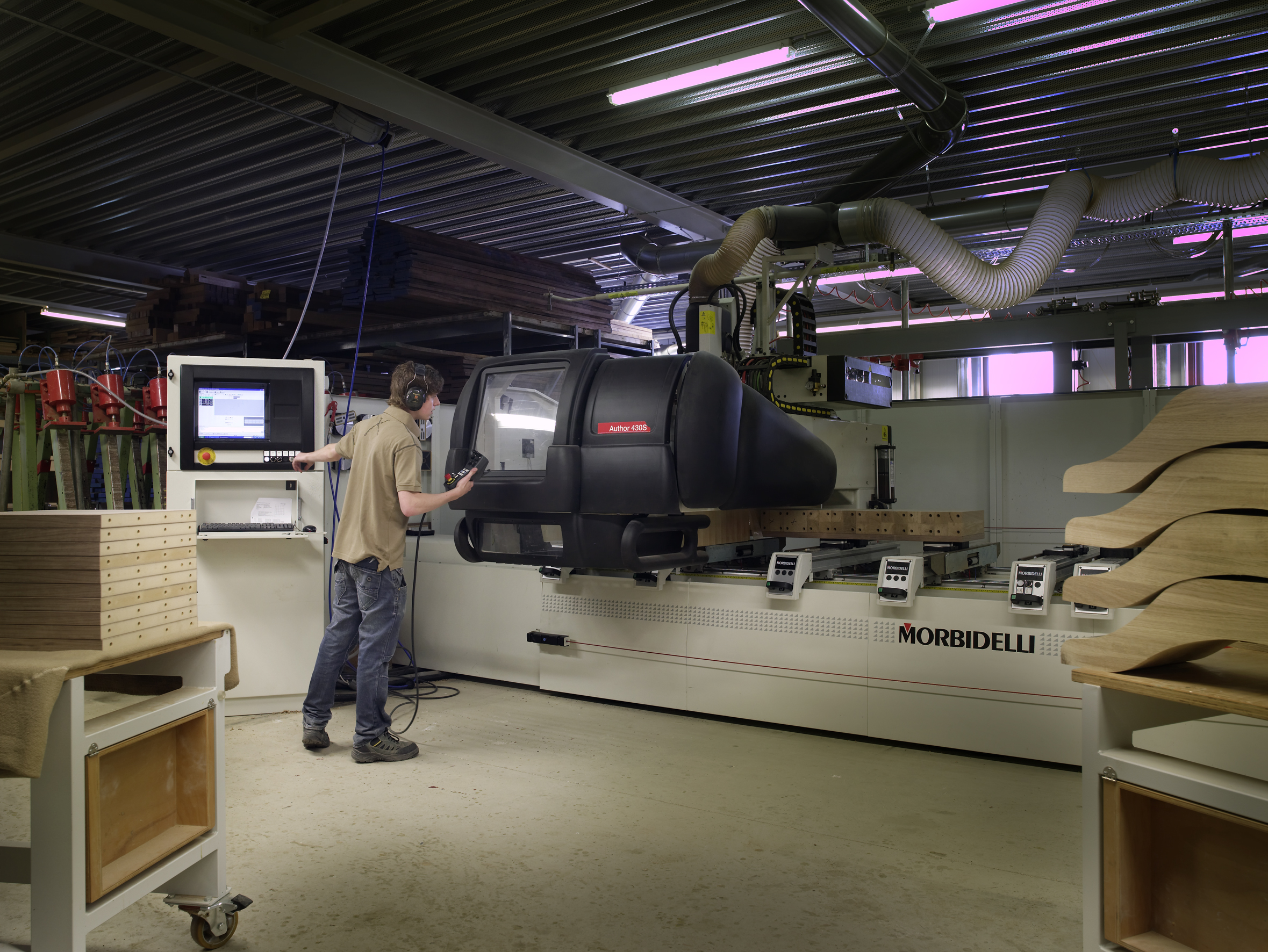Numerical Control (NC)

Numerical Control (NC) is a method of controlling machine tools and other manufacturing processes using numerical commands input into a computer. It is a precursor to Computer Numerical Control (CNC), which is a more advanced form of control that utilizes computer systems to automate machining operations.
In Numerical Control (NC), instructions for controlling the movement of machine tools, such as milling machines, lathes, and routers, are represented in the form of numerical codes. These codes, often referred to as G-codes and M-codes, specify various parameters such as tool movement, speed, direction, and tool changes.
The main components of a Numerical Control (NC) system include:
Programmable Controller: The programmable controller or control unit interprets the numerical codes and generates electrical signals to drive the machine tools and other components of the manufacturing system.
Numerical Control Tape: Initially, numerical control instructions were stored on punched paper tapes or magnetic tapes, which were fed into the control unit to execute machining operations. Later advancements replaced tapes with digital storage media.
Machine Tools: Machine tools, such as milling machines, lathes, drills, and grinders, are the physical equipment used to perform machining operations based on the instructions provided by the NC system.
Feedback Devices: Feedback devices, such as encoders and sensors, provide real-time feedback on the position, velocity, and other parameters of the machine tools, allowing the control system to monitor and adjust machining operations as necessary.
Numerical Control (NC) revolutionized manufacturing by automating machining processes and improving precision, repeatability, and efficiency. It allowed manufacturers to produce complex parts with greater accuracy and consistency compared to manual machining methods.
While Numerical Control (NC) laid the foundation for modern computer-controlled machining systems, it has largely been replaced by Computer Numerical Control (CNC) technology, which offers enhanced capabilities, including the use of computer-based control systems, advanced programming languages, and integrated CAD/CAM software for design and manufacturing. CNC systems provide greater flexibility, productivity, and ease of use compared to traditional Numerical Control (NC) systems.
Thank you,